A study confirms that going to the bathroom before a race is more important than we thought
A study reveals that the cognitive abilities of cyclists increase if they go to the bathroom before the race. These conclusions are of great importance, as a brain in optimal conditions can be key to performance. The results open the door to the possibility that more ambitious studies could bring a new scenario in competition preparation.
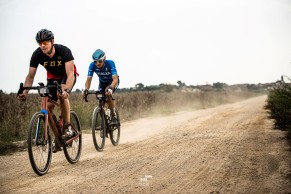
Science shows evidence of the benefits of going to the bathroom before a race
Many cyclists have the habit of going to the bathroom before facing a day on the pedals. The reason is usually the pleasant sensation of riding a bike with the intestines free of feces, a relief in the belly that for some is the first step to start pedaling on the right foot. Mathieu Van der Poel himself had to use the bathroom of a farm before conquering the rainbow jersey at the 2023 World Championships while the race was stopped by the actions of a group of protesters.
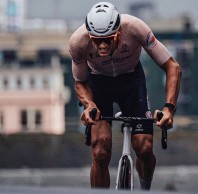
RECOMENDADO

Alcoholic beverages with the fewest calories

Cycling tips for the Christmas season

What would you do if you won the lottery? This cyclist bought himself a €20,000 bike
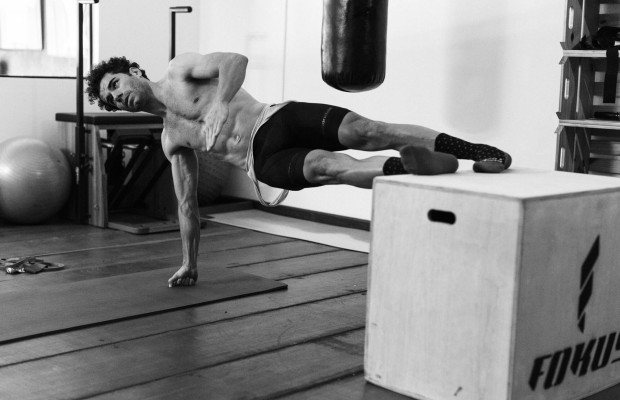
The best exercise routine to do at home

Benefits of training in the cold
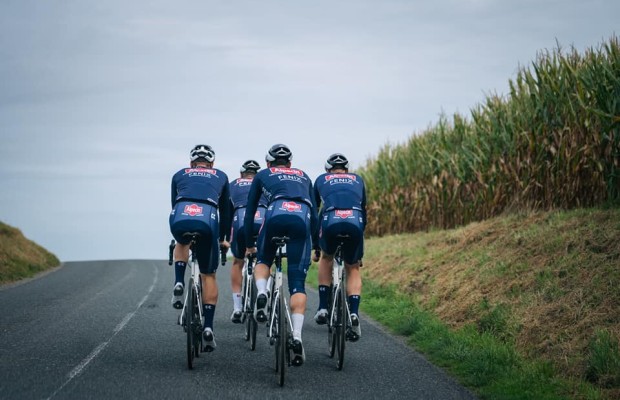
The cyclist's patience: how long, gentle training sessions build your best season
Beyond the physical or sensory benefits, a study now reveals the empirical evidence of the cognitive benefits of going to the bathroom before getting on the bike.
The gut-brain relationship has been widely known in the scientific community for years, to the point that this axis could be key to finding new treatments for different types of diseases. This study goes in the same direction and reveals an interesting connection between the gut and performance.
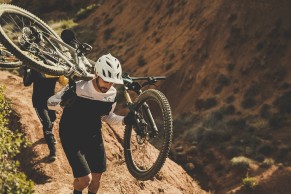
The research has been published in the journal Sports Medicine and Health Science and has been carried out by scientists from the University of Taipei, in Taiwan. The authors explain that "constipation is correlated with a decrease in cognitive function, revealing a possible gut-brain connection." The explanation is of great importance: a brain in optimal conditions can be key to making more precise and faster decisions.
The study evaluated the cognitive performance of 13 elite triathletes in three different situations: without defecating, after defecating with a magnesium oxide supplement, and after defecating without the supplement, with a week of separation between the tests.
The triathletes had to perform a Stroop Test - a common test in neuropsychology that consists, in its most well-known part, of reading a list of words with color names written in a color different from the one they represent. It is a tool to evaluate processing speed or attention capacity, among other aspects.
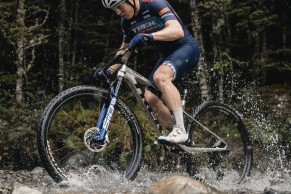
The researchers started from the hypothesis that high-intensity training requires a significant blood flow, something that constipation prevents. One of the study's authors, Chia-Hua Kub, explained to the magazine Triathlete that "when exercising, especially long-distance, the brain sends large amounts of orders to the muscles," but "whether you can or cannot maintain muscle contraction does not really depend on whether your muscle has squeezed the energy, but on whether your brain is able to challenge your muscle."
The results were clear: when they took magnesium oxide, 100% improved their scores; when they took the test after defecating but without the supplement, the improvement affected 69%.
The study opens the door for future research to delve into the relationship between rectal status and cognitive performance in competition. If studies with more participants are carried out and the results are confirmed, a new horizon in athlete preparation could be opened.